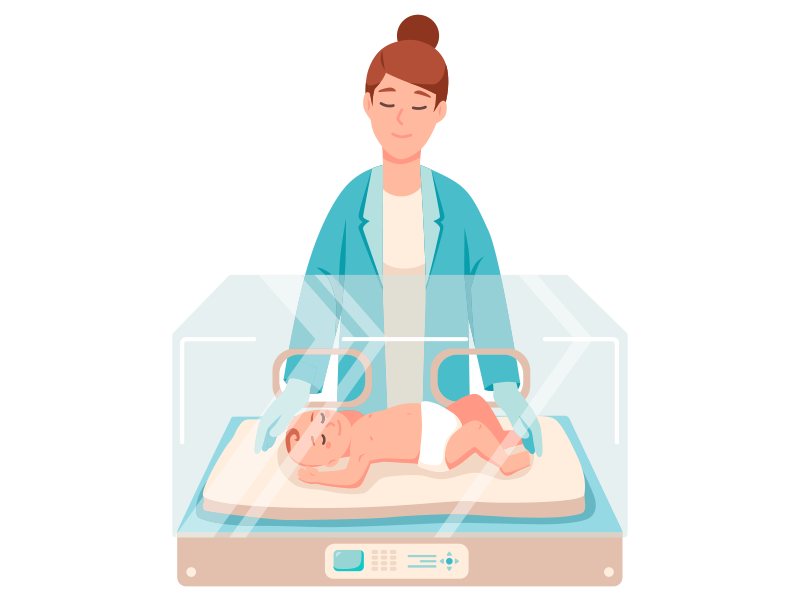Refraction or prescription
31/03/2025

22/10/2019
Retinopathy of prematurity (ROP - its initials in English) is an eye disease that some premature babies, born before week 31 of pregnancy, suffer from. 50% of all premature babies face some degree of ROP, and 10% of these children require treatment. The more mature the newborn, the higher the degree of severity of the retinopathy.
Causes
Blood supply to the retina starts in the optic nerve at week 16 of pregnancy, and the vessels develop at that point out to the retina periphery until birth. When a baby is born prematurely, this normal growth is interrupted and unusual vessels begin to grow.
Premature babies at risk of retinopathy of prematurity should be seen by an ophthalmologist between 4 and 6 weeks after birth.
There are multiple causes that lead to this pathology, although the largest contributor is hyperoxygenation of the baby in the first weeks after birth. This causes formation of ischaemic areas in the retina, i.e., a shortage of blood supply. This effect worsens when the retina vessels themselves are not physiologically formed.
The lack of bloody supply to the retina leads the body to generate newly formed vessels called neovessels that can cause anything from a haemorrhage in the vitreous cavity to diffuse traction and even retinal detachment in the most severe cases.
Treatment
The main objective of the treatment is to avoid the formation of neovessels or, if they have already formed, to reduce the risk of bleeding and the other complications mentioned above.